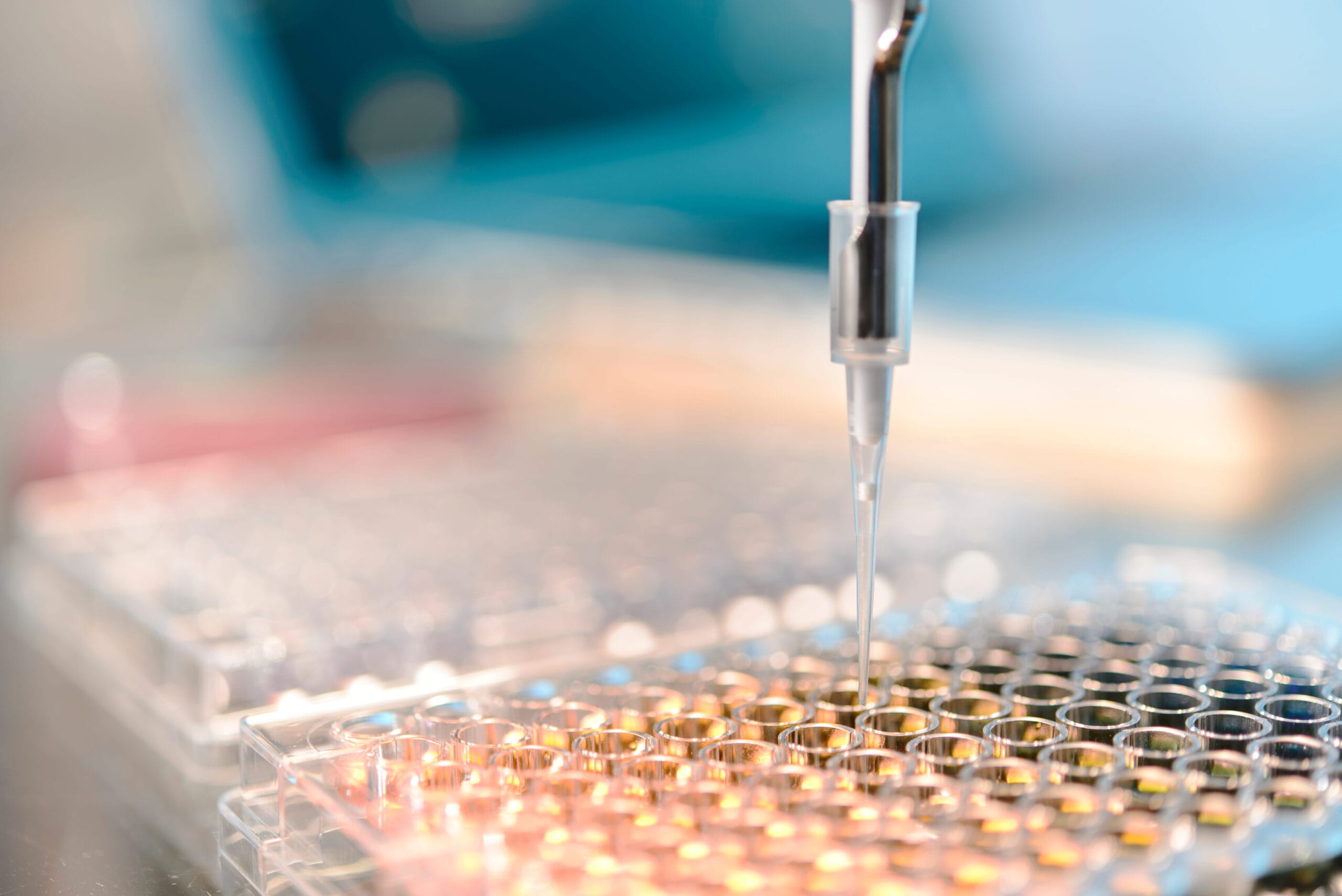
Chemical Analysis
Chemical analysis techniques are used to gather important information about what substances are contained in an object.
Every physical object in the universe (the air in a room, the plastic of a stator housing, drinking water, aluminum aircraft skin, the sun) is a mixture of chemical substances. For manufactured plastic parts, there is typically a base plastic resin and one or more additives such as processing additives, plasticizers, antioxidants, and light stabilizers. Metal parts are most often made from alloys containing mixtures of several chemical elements. Even ultrapure materials like fine gold bullion or silicon wafers have low levels of impurities that often determine their value and usefulness. Some of these additive or impurities may be found primarily at the surface of a material, while others are evenly distributed through the bulk of the sample. Chemical analysis techniques are used to gather important information about what substances are contained in an object.
